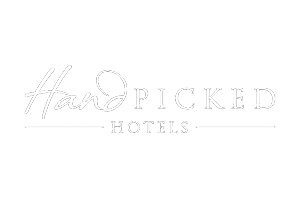
Five ways to manage group bookings more effectively
Group bookings can be hotel gold, with potential for great rewards from little investment. Generally, group bookings can have a positive impact on revenue, however, there is also the risk of poor group decisions that can be disastrous and have a negative impact on your business.
Firstly, how do we define a group?
A group booking is a collection of rooms booked for the same purpose. This could be a tour group, conference group, wedding group, or a sports group to name a few. Hotels typically define what is classed as a group through market segmentation. What’s important to understand is that each type of group brings value to the hotel in different ways, and for revenue managers, the understanding of what we need to drive and when is key.
Group bookings will push your occupancy rate up, however, sometimes this comes at the expense of your average daily rate (ADR). But add to this the opportunity for additional spend in meeting and events, plus F&B spend, and it’s easy to see why group bookings are an attractive revenue source.
So how can we, as revenue managers, make the right decisions around group bookings? Here are 5 points you may need to consider.
1. The lead time
Lead time plays an important role in the group booking process. Generally, large-scale residential conferences can be booked up to two years in advance, Weddings could be booked up to 18 months in advance, and a small-scale family gathering could have a much shorter lead time.
Longer lead groups are excellent for forward planning, allowing us to manage availability better and giving hotels more revenue confidence. But on the flip side, the earlier a group is booked, the higher the risk of cancellation, so getting a robust deposit and advance payment policy in place is essential to protect your business.
To encourage longer lead group bookings, it’s important to set room rates strategically – for example, an agreed rate for a wedding group, should be cheaper than the public rate available for general sale. For some hotels, gaining lower-rated tour businesses can help drive base business and increase occupancy across quieter days.
2. The length of stay
Length of stay is important when considering whether to accept a group booking or not.
If the group enquiry is for two or more nights, this makes hotel life easier operationally. The hotel may save on operational costs such as housekeeping, in addition, distribution costs could be lower as a result. Therefore, sometimes a lower group rate may be more profitable for a longer length of stay.
Taking a one-night group may not necessarily be the right decision, if this is going to have a negative impact on the nights either side, resulting in lost revenue across the shoulder nights. Some hotels may factor in loss of shoulder night revenue into the group rate, and therefore charge more.
3. The additional spend
One of the aspects that makes group bookings so attractive is the additional spend across the outlets, such as meeting room hire, food and beverage. Sometimes a lower accommodation rate can be offset by additional spend elsewhere, so it’s always worth considering the total value of the booking and not just the accommodation element.
Of course, the opportunity of additional spend depends on the nature of the group booking. For example, the room revenue from wedding guests can be dwarfed by the revenue associated with the event itself – which can include event room hire, chair cover hire, flower wall hire, not to mention food and beverage for 100-plus guests.
All of this should be factored into your pricing decisions. Rather than concentrating on RevPAR (revenue per available room), for groups it can be more useful to look at TRevPAR (total revenue per available room), which takes into account revenue generated from all areas of the hotel.
4. Lower distribution costs
Group bookings such as weddings, tour groups, and private parties, tend to be made directly with the hotel, and therefore the associated distribution costs are considerably lower than individual bookings made through OTAs and the like.
However, conference groups may be booked via an agent, which will tend to carry a commission. Hotels can determine the commission value based on how much business the agent brings in, therefore offering better deals to those agents that bring in higher levels of trade.
For hotels that are purpose-built for conferences and events, agents’ commission may be required to ‘win’ a sustainable amount of business.
5. The terms and conditions
Group bookings are generally subject to specific terms and conditions, along with agreed payment terms. T&Cs must be in place to protect your hotel from loss of revenue, should the group cancel at short notice. The cancellation terms would generally be stringent enough so that the hotel could recoup monies lost should they be unable to resell the rooms at short notice.
For all group enquiries, it’s good practice for revenue managers to conduct a displacement analysis. The displacement analysis considers the value of the group versus the value of business being displaced, should the hotel decide to take the group.
If, after the displacement analysis has been carried out, you judge the hotel will lose money by taking the group booking, the group should be refused. It's important that the enquiry is logged as a turned down piece of business, so that, over time, you can ascertain as to whether that was in fact the correct decision, and if indeed, the hotel performed better without that group.
Groups can be sought for various reasons: to generate a solid base of business, to drive occupancy, to drive ancillary spend, to lower costs (both distribution and operational). What’s important is to fully understand the group segment.
A group booking can either make or break a week, so be sure to develop revenue management strategies to drive performance for your hotel.
If you’d like training or support with your hotel’s group strategy, get in touch with Octopus Revenue.


















